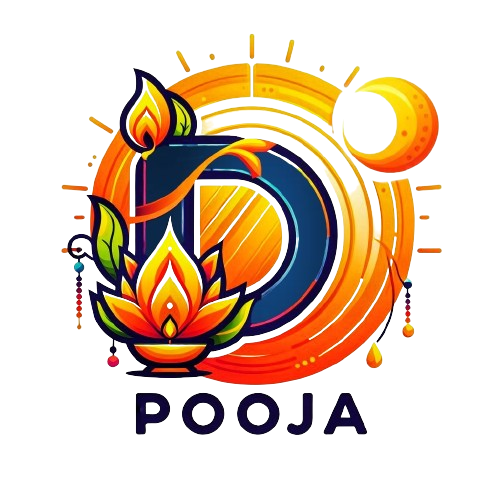
Significance, Rituals, and Celebrations of the Nine Nights Festival
Navaratri Pooja is a vibrant Hindu festival celebrated over nine nights to honor the divine feminine energy, known as Shakti. This auspicious occasion is marked by elaborate rituals, devotional music and dance, and the worship of various forms of Goddess Durga, Lakshmi, and Saraswati.
Significance of Navaratri Pooja: Navaratri symbolizes the victory of good over evil and is dedicated to the worship of Goddess Durga in her various forms. It is a time for spiritual reflection, renewal, and seeking the blessings of the divine mother for strength, wisdom, and prosperity.
Rituals and Observances: During Navaratri, devotees observe fasts, recite prayers and mantras, and perform aarti (devotional songs) in honor of the goddess. The festival culminates in Durga Puja, where the victory of Goddess Durga over the demon Mahishasura is celebrated with great fervor.
Celebrations and Cultural Traditions: Navaratri is celebrated with cultural performances such as Garba and Dandiya Raas dances in Gujarat, where people dance in colorful attire with sticks or clapping hands. In other parts of India, traditional music, dance, and processions are part of the festivities.
Spiritual Significance: Navaratri is a time for spiritual growth and introspection, as devotees seek to connect with the divine feminine energy within themselves. It is believed that the goddess’s blessings during this time can lead to personal transformation and the removal of obstacles.
Conclusion: Navaratri Pooja is a joyous and spiritually enriching festival that celebrates the divine feminine energy and the triumph of good over evil. It is a time for devotion, celebration, and seeking the blessings of the goddess for prosperity and well-being. The festival’s colorful rituals and cultural traditions make it a unique and cherished celebration across India and beyond.
